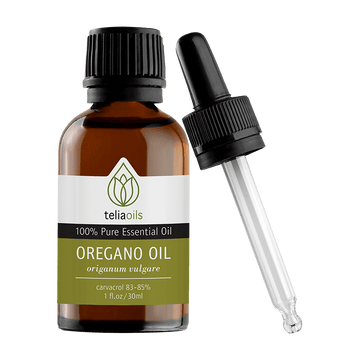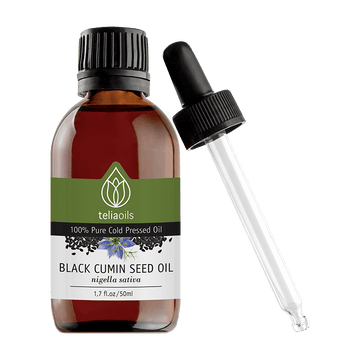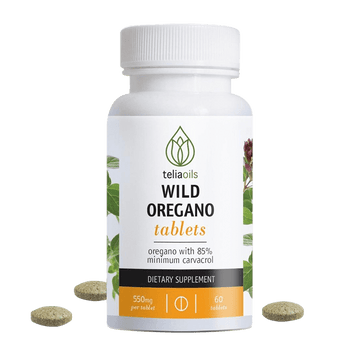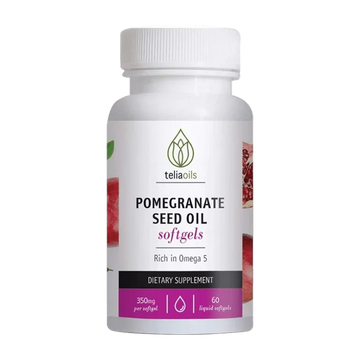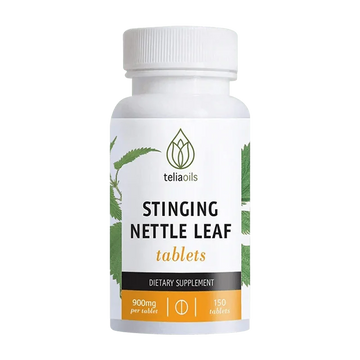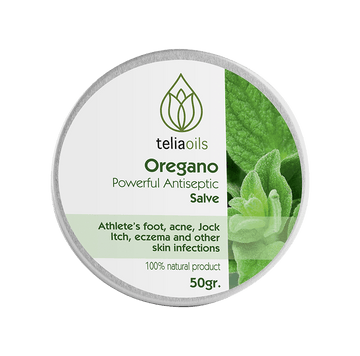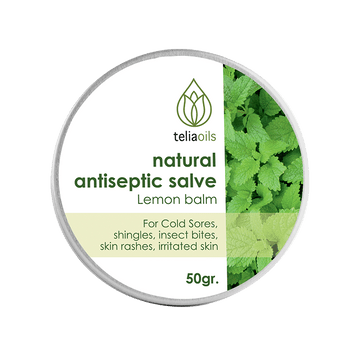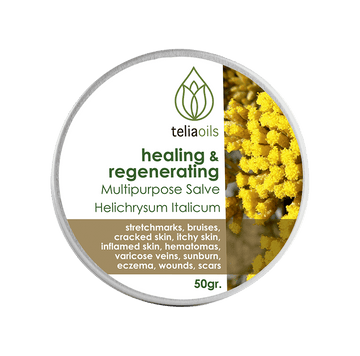Nettle Leaf: Harnessing Its Potential Against Inflammation and Joint Pain
by Dimitris Zikos on Nov 11, 2024

Nettle Leaf – More Than Just a Weed
Stinging nettle (Urtica dioica), often considered a bothersome weed, contains a wealth of health benefits! With its rich phytochemical profile, nettle leaf offers potential relief for inflammation and joint pain. Let's explore the scientific basis behind these properties.
Nettle Leaf: An Anti-Inflammatory Powerhouse
Chronic inflammation is an underlying factor in numerous health conditions. The anti-inflammatory power of nettle leaf is primarily attributed to its abundant flavonoids and polyphenols, two types of plant compounds known for their anti-inflammatory effects.
Several studies have shown the potential of nettle leaves to inhibit the production of certain chemicals in the body, such as TNF-alpha and IL-1beta, which are key players in promoting inflammatory responses. By modulating these pathways, nettle leaf may help reduce chronic inflammation and associated discomfort.
Alleviating Joint Pain with Nettle Leaf
Joint pain, often caused by inflammation in the joints, can be severely debilitating. Stinging nettle is believed to possess natural analgesic properties, which could help sooth these types of pain.
In particular, a promising study showed that nettle leaf extract, when applied topically, helped reduce pain related to osteoarthritis, a common cause of joint pain. The active compounds in nettle leaf appear to inhibit the production of prostaglandins – substances in the body that contribute to pain and inflammation.
Utilizing Nettle Leaf for Health
Nettle leaves can be consumed in various forms to reap their benefits. Nettle leaf tea is a common method, while some individuals may prefer to incorporate the fresh or dried leaves into their meals. Nettle leaf supplements, available in capsule or liquid form, offer another concentrated source of this beneficial plant. Remember, it's essential to seek professional advice before adding any new herbal remedy to your routine, but with the right guidance, nettle leaf might be a valuable addition to your health regimen.
The Science Behind Nettle Leaf for Inflammation and Joint Pain
In summary, the stinging nettle plant, particularly its leaves, offers intriguing potential in managing inflammation and joint pain. This is due to its rich content of bioactive compounds that have demonstrated anti-inflammatory and analgesic properties.
While more research is needed to fully understand the mechanisms and discover more effective ways to use nettle leaf, current evidence provides a strong foundation. With growing interest in natural remedies, nettle leaf is undoubtedly a fascinating plant that promises significant benefits for those coping with inflammation and joint pain. As always, while the scientific evidence is encouraging, it's still important to understand that results can vary and that natural remedies should form part of a balanced approach to overall health and wellbeing.

